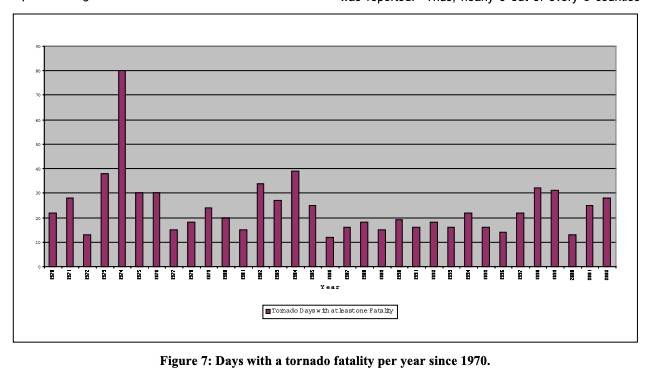The cold 'fresh' water from the melting arctic and antarctic glaciers does this.
"The melting of Antarctic glaciers has significant effects on water circulation. As glaciers melt, they release large amounts of cold freshwater into the ocean. This freshwater is less dense than the surrounding saltwater, which can disrupt the normal patterns of ocean circulation.
Abyssal Ocean Overturning: The melting of Antarctic glaciers can slow down the Antarctic overturning circulation, also known as abyssal ocean overturning. This circulation is responsible for flushing nutrients from the sea floor to fish near the surface. A study published in the journal Nature found that if the world continues to burn fossil fuels and produce high levels of planet-heating pollution, the Antarctic overturning circulation could slow down by 42% by 2050.
Atlantic Ocean Circulation: The melting of glaciers in Antarctica and Greenland influences the circulation of the Atlantic Ocean. As massive amounts of cold glacial-melt water enter warmer ocean waters, it slows down ocean currents. This can have far-reaching consequences, such as changing weather patterns worldwide, affecting fisheries, and increasing the frequency of destructive storms and hurricanes.
Sea Level Rise: As ice on land melts, the runoff significantly increases the amount of water in the ocean, contributing to global sea level rise. This can further impact ocean circulation, as the increased volume of water can alter currents and affect the distribution of heat and nutrients in the ocean.
In summary, the melting of Antarctic glaciers affects water circulation by disrupting ocean currents, slowing down abyssal ocean overturning, and contributing to global sea level rise. These changes can have significant consequences for marine life, weather patterns, and coastal communities around the world."
-----*****-----
So strange to see the singularity approaching while the entire planet is rapidly turning into a hellscape. -John Coates
-Dik

